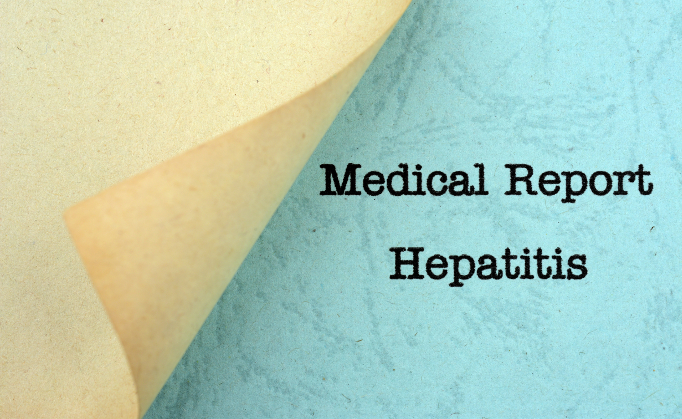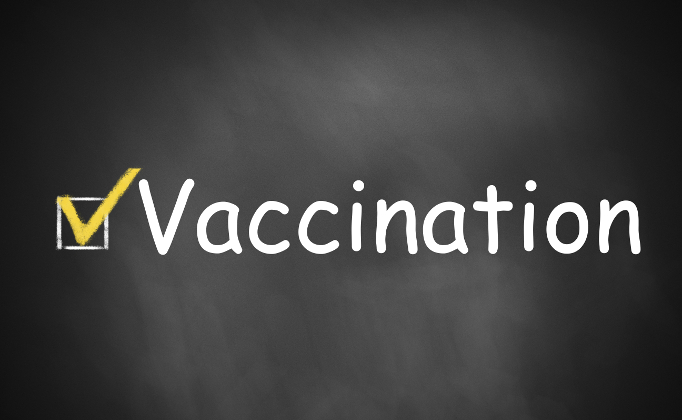Some individuals may have no signs or symptoms of Hepatitis A during the first four-five days of illness.
Some clinical symptoms of Hepatitis A often include:

Hepatitis A is a highly contagious virus that attacks the liver – and it is easily spread by contaminated food and water, or from another person with Hepatitis A (HAV). It is one of the most common vaccine-preventable infections acquired during travel. Your biggest risk factor? International travel. The risk for US residents traveling abroad varies with living conditions, your length of stay, and the incidence of HAV infection in the area visited.
Your risk of becoming infected with the Hepatitis A virus is highest when living in or visiting rural areas, backcountry treks, and eating or drinking in settings with poor sanitation protocols, but it can occur any place. The Hepatitis A virus is at peak levels one-two weeks before you feel ill and diminishes rapidly after liver dysfunction or symptoms appear. Infants and children can shed (and spread) the Hepatitis A virus for up to six months after infection.
Any individual who has not been vaccinated should consider this vaccine – the risk is present in all parts of the world except North America, Europe, Japan, New Zealand, and Australia. Individuals traveling for international adoption should be advised Hepatitis A vaccine is recommended for all previously unvaccinated household members and others who anticipate close contact with an adoptee.
Some individuals may have no signs or symptoms of Hepatitis A during the first four-five days of illness.
Some clinical symptoms of Hepatitis A often include:
Your likelihood of developing symptoms is usually related to your age.
Unfortunately, there is no specific treatment for Hepatitis A. Current medical practices offer supportive care for individuals ill with this virus. It is reported that some individuals may be so ill that they are unable to work or attend school for time periods of up to “a month.”

What can you do to attempt to prevent Hepatitis A infection?
Vaccination! The full vaccination series is two doses, and studies show that the full series is nearly 100% effective. It has now been a routine childhood vaccine in the US since 2005.
Other things you can do to decrease your exposure to the disease – remember to wash your hands often, use soap and water or an alcohol based hand sanitizer, as well as limiting contact with individuals who appear ill.
Basic preventative measures include:
-Avoid unwashed or most raw, uncooked fruits and vegetables. Also avoid raw, undercooked or room temperature dairy or meat items, as well as drinks prepared with tap (unbottled) water, and ice.
-Boil or cook food and beverage items over one min at 185, this inactivates HAV
-Use bottled or carbonated water instead of tap water if at all possible. If you’re unable to do so, then treat the tap water with chlorination tablets before drinking.